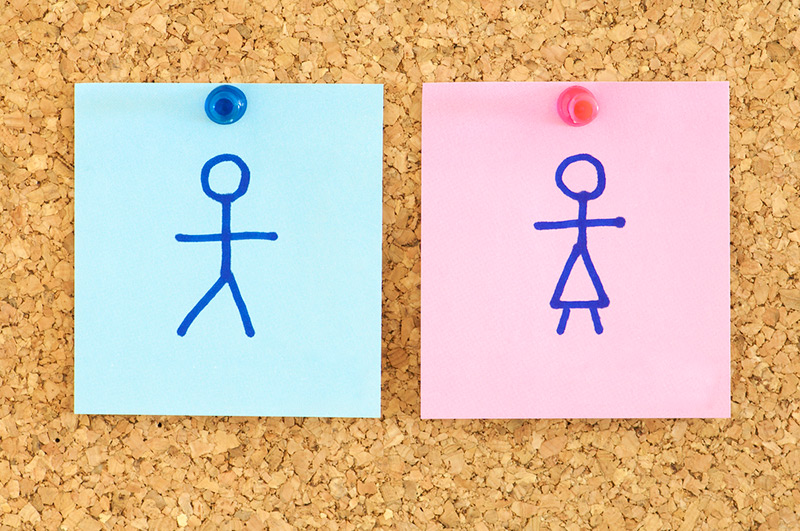A new survey that offers a revealing snapshot of what defines modern Norway. Norwegians rank freedom of speech, democracy, and legal rights as the most important national values.
As Norway marks 80 years since liberation from Nazi occupation, a new nationwide survey reveals what modern Norwegians hold most dear, and what they’re willing to fight to protect.

Each year on 8 May, Norwegians raise the flag to commemorate Frigjøringsdagen, or Liberation Day. The day marks the end of World War II in Norway, when German forces surrendered and freedom returned after five years of occupation.
Across the country, the day is marked with flags, memorial ceremonies, and tributes to those who fought for Norway’s freedom.
This year, Liberation Day carries particular resonance. Not only does it mark a milestone anniversary (80 years since 1945) but it also comes at a time when war has returned to Europe.
Against this backdrop, Norwegian broadcaster NRK commissioned a survey to ask a simple but powerful question: What values are Norwegians most proud of today, and what would they defend if the country were threatened again?
Freedom of Speech and Democracy Top the List
According to the Norstat survey for NRK, Norwegians rank ytringsfrihet (freedom of expression) and demokrati (democracy) as the two values they would defend most fiercely.
Both scored an average of 4.8 out of 5, reflecting a near-universal belief in the importance of these principles.
For 92-year-old Odd Grann, a guest on NRK’s Debatten talk show, this came as no surprise. Grann was just 12 years old on 8 May 1945, and he recalls that day vividly.
“We had one lesson at school that day. When the message came, all the children jumped out the window and ran into the streets to celebrate,” he told NRK. “It was a day of unity, a deep sense of joy. That feeling never left me.”
Grann, like many of his generation, believes the freedom Norwegians enjoy today must never be taken for granted.
“Freedom—the freedom to do what I believe is right for myself and others—is something quite unique here in Norway,” he said.
More Values: Legal Rights, Equality, and Rural Life
Alongside freedom of expression and democracy, rettssikkerhet (legal protections) also scored highly in the survey. Welfare, gender equality, and agriculture followed close behind.

Interestingly, the idea of preserving spredt bosetting—a population spread across the whole country, including remote and rural areas—also ranked highly.
In fact, respondents from Northern Norway gave it an average score of 4.5, the highest regional rating for this value. The further south you go, the lower the score, with Oslo residents giving it just 3.9.
These findings reflect a strong cultural attachment to rural life and Norway’s decentralised population model, which sees even small communities given priority in infrastructure and public services.
Surprising Result: Royal Family Scores Low
One of the most surprising findings was the relatively low priority given to the monarchy. The Norwegian Royal Family scored just 3.3 out of 5—well below values like agriculture (4.2) and freedom of expression (4.8).
But for Thorgeir Kolshus, a professor of social anthropology at the University of Oslo, this isn’t necessarily a problem. In fact, he sees the fact that people don’t rank the monarchy highest shows that we see strength in our collective values, which is a positive sign.
“The King is not a person who stands above the country,” he said. “He represents the nation.”
“We Must Not Sleep”
Grann ended his interview with a sobering reminder. Citing Arnulf Øverland’s famous wartime poem Du må ikke sove (“You Must Not Sleep”), he urged Norwegians to stay vigilant and prepared for uncertainty—even war.
“The security that comes from being prepared is half the victory,” he said. “Let whatever comes, come. We will handle it.”
Is Norway Becoming More Individualistic?
However, a different study published in Dagens Næringsliv last year suggests more Norwegians are now prioritising individualism and economic freedom, with a decline in emphasis on collective responsibility and social welfare.
The new study suggests that while core values persist, there is a growing emphasis on personal success and individual rights.
Read more: Janteloven 2.0: An update to Norway's social code for the modern age
Younger Norwegians, in particular, seem to be moving toward a more individualistic mindset, valuing personal freedom over collective responsibility.
This shift could be driven by global influences such as technology, international travel, and exposure to other cultures that prioritise different aspects of personal and professional life.
However, it is important to note that this trend does not necessarily signal a rejection of traditional Norwegian values listed above. Instead, it may be a reflection of the evolving nature of society, where people are finding new ways to balance individualism with collective ideals.
As Norway navigates this shift in values, it remains to be seen how these changes will impact the country’s social fabric.

